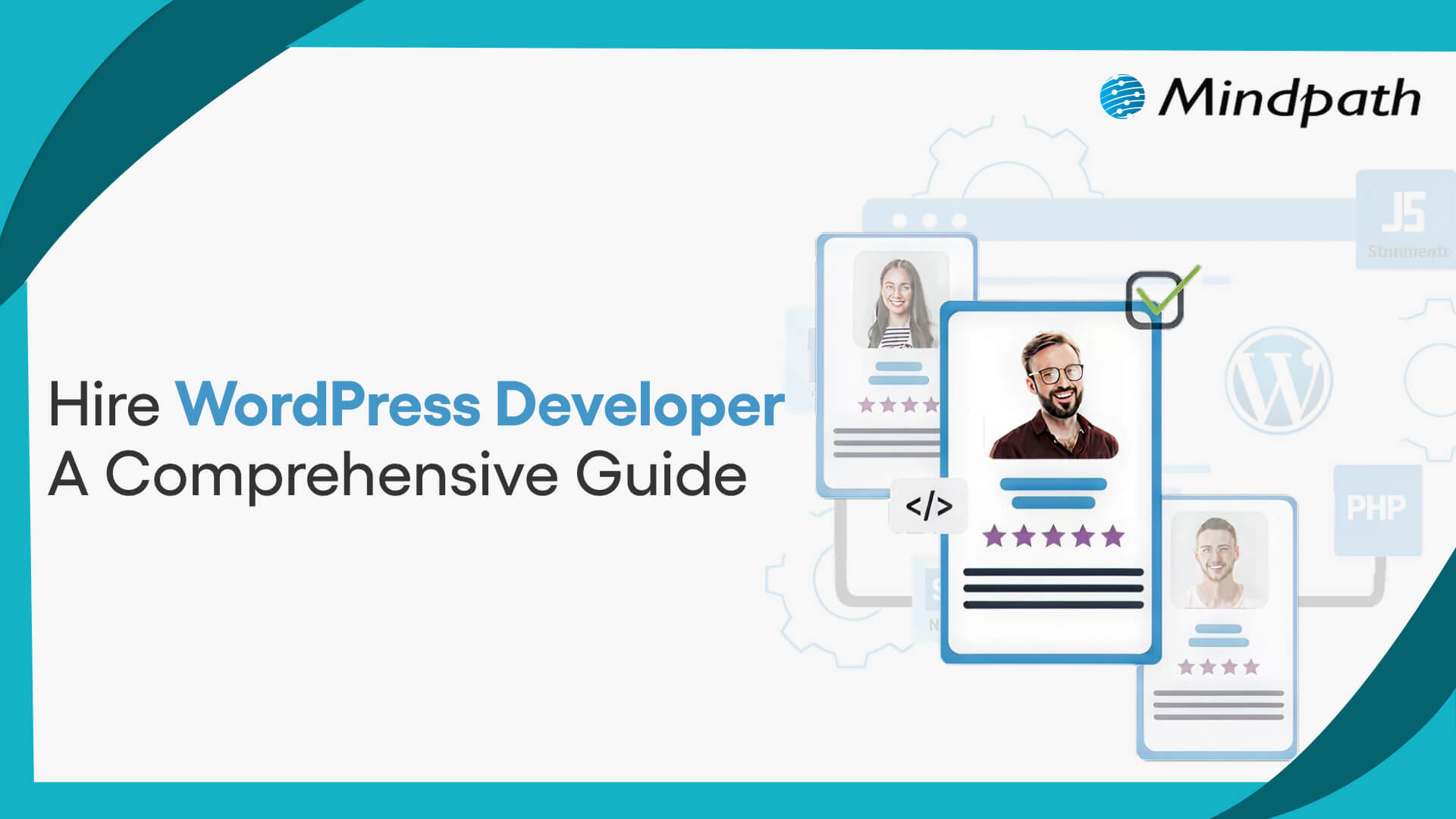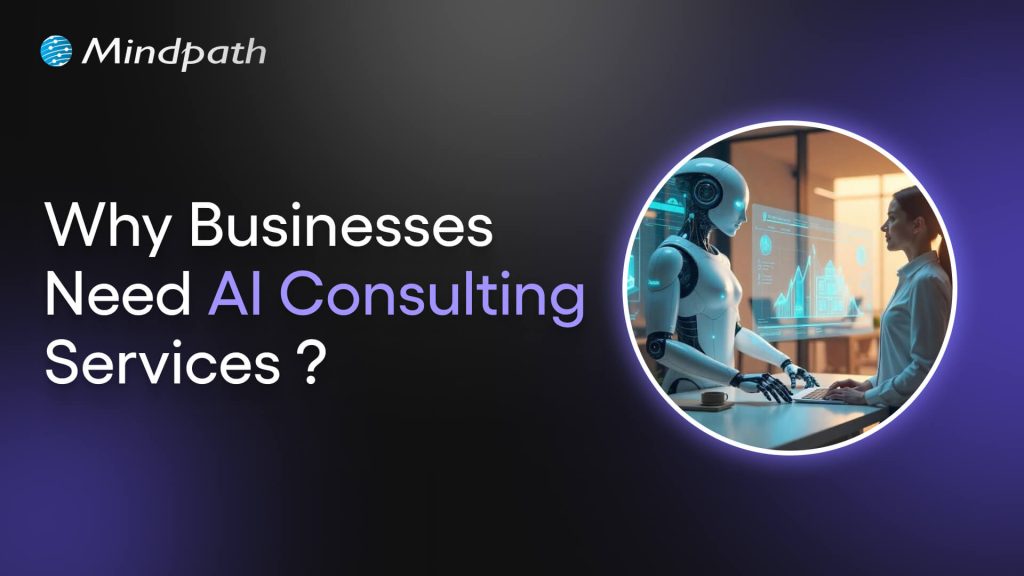Are you looking to build a fast and scalable web application? Do you need expert NodeJS developers in New York to bring your ideas to life? Finding the right developers can be challenging, but with the right team, you can create high-performance applications that drive business success. But where can you find the best talent?
Hiring Node.js developers in New York is essential for businesses seeking scalable and high-performance applications. With its event-driven architecture and non-blocking I/O, Node.js enables fast and efficient development, making it a preferred choice for real-time applications, APIs, and enterprise solutions.
New York’s dynamic tech ecosystem offers access to highly skilled Node.js developers with expertise in modern frameworks and development best practices. Whether you’re building a startup or expanding an existing platform, choosing the right developers ensures seamless execution, optimized performance, and long-term success.
Let’s explore how you can hire top NodeJS developers to take your project to the next level!
Steps to Hire Node.js Developers in New York
Finding the right Node.js developer for your project in New York can be challenging, given the city’s competitive tech landscape. Whether you’re building a scalable web application, an API-driven platform, or a real-time service, hiring skilled Node.js developers ensure the success of your project. Follow these structured steps to streamline your hiring process and secure the best talent for your team.
1. Define the Job Requirements
Start by outlining a clear and detailed job description. Identify the key responsibilities and technical skills required, such as expertise in JavaScript, Node.js frameworks (Express.js, Nest.js), databases (MongoDB, PostgreSQL), and cloud services. Include soft skills like communication, problem-solving, and teamwork to ensure compatibility with your business culture. Additionally, specify the job type—whether onsite, remote, or hybrid—along with project goals and expected outcomes. A well-defined role attracts highly qualified Node.js developers in New York.
2. Structure a Hiring Process
Develop a structured hiring framework that enables you to evaluate candidates effectively. Start with resume screening to shortlist potential developers. Conduct technical assessments to gauge coding proficiency, followed by behavioral interviews to assess cultural fit. Consider assigning a test project that mirrors real-world development challenges. A well-organized hiring strategy ensures that you find a Node.js developer who meets your technical needs and aligns with your company’s values.
3. Source Qualified Candidates
4. Evaluate Technical Skills
5. Conduct In-Depth Interviews
6. Finalize the Hiring Decision
Factors to Consider While Hiring Expert Node.js Developers in New York
In today’s fast-paced digital world, businesses need skilled developers to build scalable and efficient applications. Factors to Consider while Hiring Expert Node.js Developers in New York include not just technical proficiency but also industry knowledge, problem-solving skills, and the ability to work within a team. Given New York’s competitive tech market, making the right hiring decisions is crucial for project success. Here’s what you need to consider:
1. Understanding of Scalable Architecture
2. Experience with Real-Time Applications
3. Familiarity with DevOps and CI/CD
4. Security and Compliance Knowledge
5. Performance Optimization Skills
6. Problem-Solving and Debugging Expertise
7. API Development and Integration Abilities
8. Adaptability to New Technologies
9. Effective Collaboration and Communication
10. Understanding of Business Needs
Key Skills to Prioritize When Hiring a Node.js Developer in New York
Finding a skilled Node.js developer requires assessing a blend of technical expertise and problem-solving abilities. Essential skills to look for when hiring a Node.js developer in New York include mastery of backend frameworks, database management, and API development. Additionally, strong debugging and performance optimization skills are necessary for building high-performing applications that can handle real-world demands.
1. Proficiency in Asynchronous Programming
2. Expertise in Backend Frameworks
3. API Development and Integration
Modern web applications rely on robust APIs for seamless communication between the frontend and backend. Skilled Node.js developers should be able to design, develop, and integrate RESTful and GraphQL APIs while ensuring proper authentication, authorization, and validation. Implementing best practices such as rate limiting, caching, and API documentation using tools like Swagger improves efficiency and security. Developers should also be familiar with third-party API integrations for payment gateways, cloud services, and external databases.
4. Performance Optimization Techniques
Efficient performance management is critical for handling large-scale applications. Developers must be proficient in caching techniques (Redis, Memcached), load balancing, clustering, and stream processing to optimize application speed. Additionally, knowledge of event-driven architecture and WebSockets allows for real-time communication, making applications more dynamic. Writing optimized code, reducing redundant queries, and monitoring system performance using tools like New Relic or Prometheus contribute to better scalability and user experience.
5. Security Best Practices
Breaking Down the Cost of Hiring Node.js Developers in New York
The cost of hiring Node.js developers in New York depends on experience, project complexity, and the hiring model. Whether you need a freelancer, an in-house developer, or a full-service agency, understanding pricing structures helps you make the best decision for your budget and project needs.
1. Hourly Rates Based on Experience
Junior Developers (0-2 years): Charge $12-$50 per hour for basic tasks like bug fixes and API integrations.
Mid-Level Developers (3-5 years): Earn $50-$100 per hour, handling backend development, databases, and performance optimization.
Senior Developers (5+ years): Command $80-$150+ per hour for complex system architecture and high-performance solutions.
While hiring locally ensures smoother collaboration, outsourcing to lower-cost regions can be a budget-friendly alternative.
2. Estimated Project-Based Pricing
Small Projects: Simple applications cost $12,000-$25,000.
Medium Projects: Custom apps with real-time features range from $25,000-$45,000.
Large-Scale Solutions: Enterprise-level applications often exceed $60,000.
A development agency typically charges between $72,000-$116,000 per year, providing full-cycle development with ongoing support.
3. Key Cost Influencers
Project Complexity: More advanced features require higher investment.
Hiring Model: Freelancers are cost-effective but lack ongoing support; in-house teams offer stability but add overhead costs; agencies provide expertise but at a premium.
Location: Hiring locally ensures real-time collaboration, while outsourcing lowers costs.
By weighing these factors, businesses can find a cost-effective yet skilled Node.js developer that aligns with their needs.
Hiring the right Node.js developers in New York is essential for building scalable, high-performance applications. With the city’s competitive tech landscape, businesses must follow a structured hiring process, evaluate technical expertise, and consider cost factors to secure top talent. Whether you’re developing a real-time application, API-driven platform, or enterprise solution, skilled Node.js developers ensure seamless execution, optimized performance, and long-term success. By making informed hiring decisions, you can build a strong development team that drives innovation and growth.
Looking for expert Node.js developers in New York? Mindpath offers top-tier development services tailored to your business needs, ensuring scalable, high-performance applications. Whether you need real-time solutions, API development, or enterprise-grade software, our skilled developers are ready to bring your vision to life.
Let’s build something great together—contact us today!











